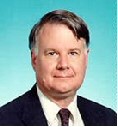 Herbert Bertine
Herbert Bertine
ITU-T Study Group Former Chair
Herbert Bertine is a former chair of ITU-T Study Group 17 and previously Study Group 7, having served from 1993 to 2008. He has been actively involved in the standards work of the ITU since 1975 and has held senior leadership positions for 28 years. He has devoted extensive efforts in facilitating cooperation with SDOs. Herb also has been active in other arenas dealing with ICT standards including ISO/IEC JTC 1/SC 6 and ANSI. He was instrumental in developing the collaborative procedures between ITU-T and JTC 1 (reflected in Rec. A.23) and in establishing the cooperative procedures with the IETF. Herb retired in November 2007. He was Director, Standards at Lucent Technologies where he led Lucent standards efforts worldwide. He joined Bell Laboratories in June 1965 and spent his career in communication technologies. This included systems engineering work on modems, digital data systems, X.25 packet networks, open systems, and advanced communication systems. Since 1982, he had various responsibilities for corporate-wide standards management. In October 2006, Herb was awarded the American National Standards Institute (ANSI) Edward Lohse Information Technology Medal for outstanding technical and managerial leadership in establishing international information technology and telecommunications standards and the methods by which they are produced. Herb has a Bachelor of Electrical Engineering degree and a Master of Electrical Engineering degree from Rensselaer Polytechnic Institute.
|
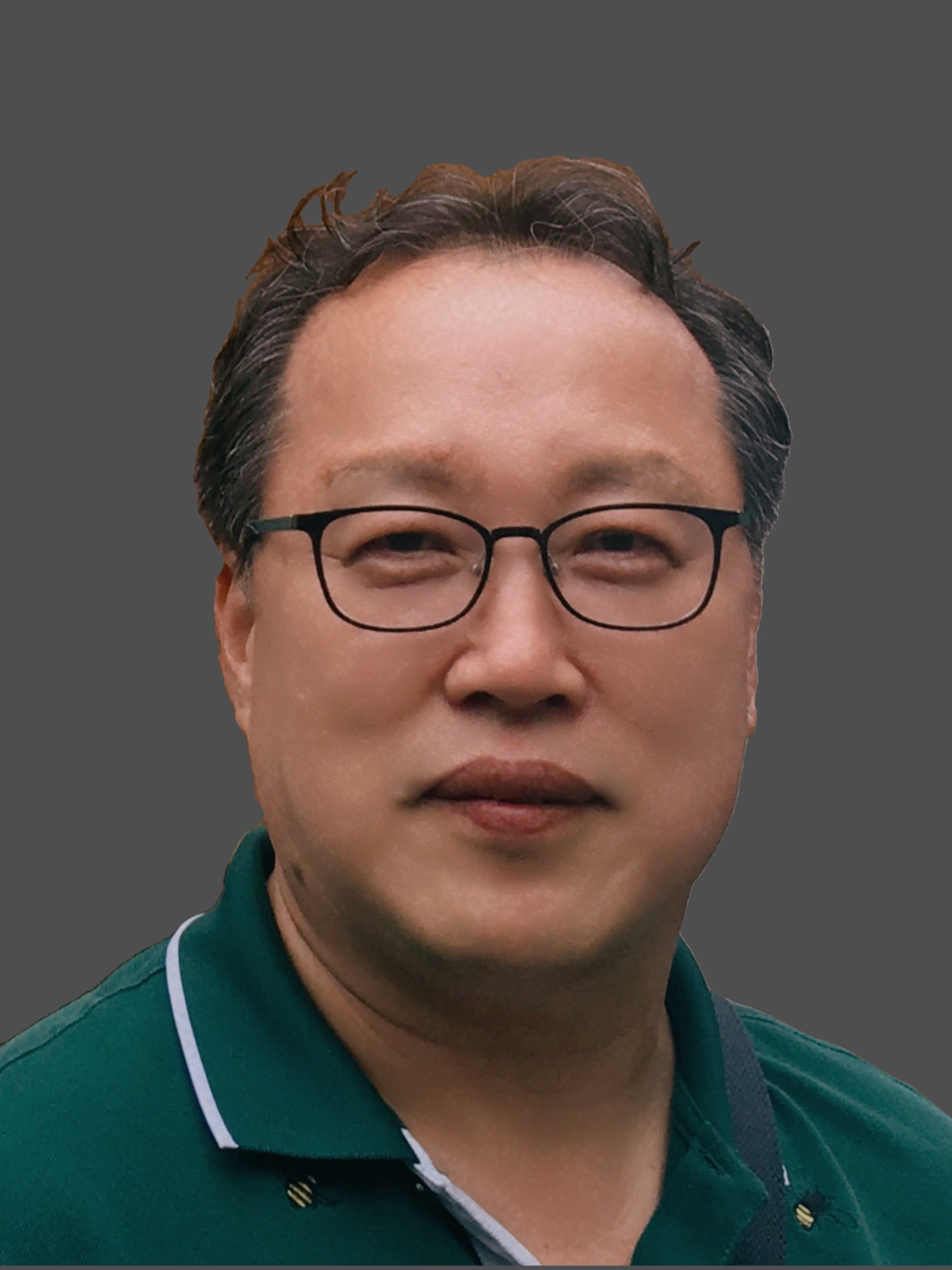 Shin-Gak KANG
Shin-Gak KANG
Vice Chair of ITU-T SG21, Chair of Working Party 4/21 and Chair of ISO/IEC JTC 1/SC 6
Shin-Gak KANG is the Principal Researcher of ETRI, Electronics and Telecommunications Research Institute in Republic of Korea. He received B.S., M.S., and Ph.D. degrees in electronics engineering from Chungnam National University, Daejeon, Korea in 1984, 1987, and 1998, respectively. He joined ETRI in 1984 and served as the Assistant Vice President of ETRI and the Head of the Standards Research Division, which oversees domestic and global standardization activities. He served also as Adjunct Professor of ETRI School of University of Science and Technology in Korea for 15 years.
He has actively participated in many international standardization activities of many SDOs including ITU-T SG 7, SG 8, SG 17, SG 11, SG 13, SG 16, SG 20, GSC, ISO/IEC JTC 1/SC 6, IETF and IEEE, APT as Chair, Rapporteur, Convenor, Editor, and major contributor since his first joining to ITU-T SG 8 meeting in 1988. He served as ITU-T SG11 Vice-Chair and its WP Chair from 2013 to 2021. Also, he served as ITU-T SG16 Vice-Chair and its WP Chair and Convenor for CG-MV and AHG-MV during the period of 2022~2024. He was appointed as the Chair of ITU Focus Group on metaverse (FG-MV) in December 2022 by TSAG and achieved remarkable outcomes, including developing 52 deliverables, and successfully concluded FG-MV activities in June 2024.
Since 2004, he has been working as Convenor for ISO/IEC JTC 1/SC 6/WG 7 on Future Network. He is also currently serving as Vice-Chair of ITU-T SG21 and Co-Chair of its WP 4 from 2025, and he is actively engaged in standardization activities on metaverse issues as AHG-MV convenor of SG21. He was appointed as the Chair of ISO/IEC JTC 1/SC 6 in November 2025 and is leading international standardization activities in the related field.
. |
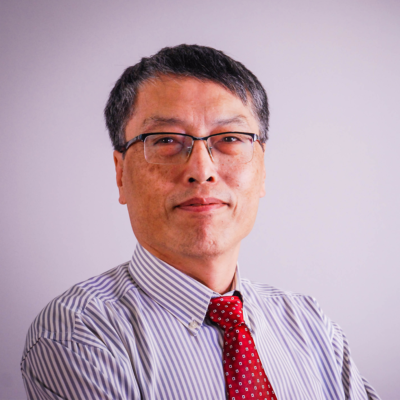
Antonio Kung Chief Executive Officer
Antonio Kung is co-founder of Trialog. With more than 30 years of experience in the field of cyber physical systems and the Internet of Things, he brings expertise and know-how particularly on architecture, interoperability or data security and protection. He was the coordinator of numerous national and European collaborative projects in these fields. He is active in standardisation on the Internet of Things, security and data protection, and the editor of ISO/IEC standards 27550 (published), 27556, 27561 – POMME, 27570 (published), 21823-3, 30149. He became CEO of Trialog in 2018. Antonio has a master degree from Harvard university and an engineering degree from Ecole centrale Paris.
|
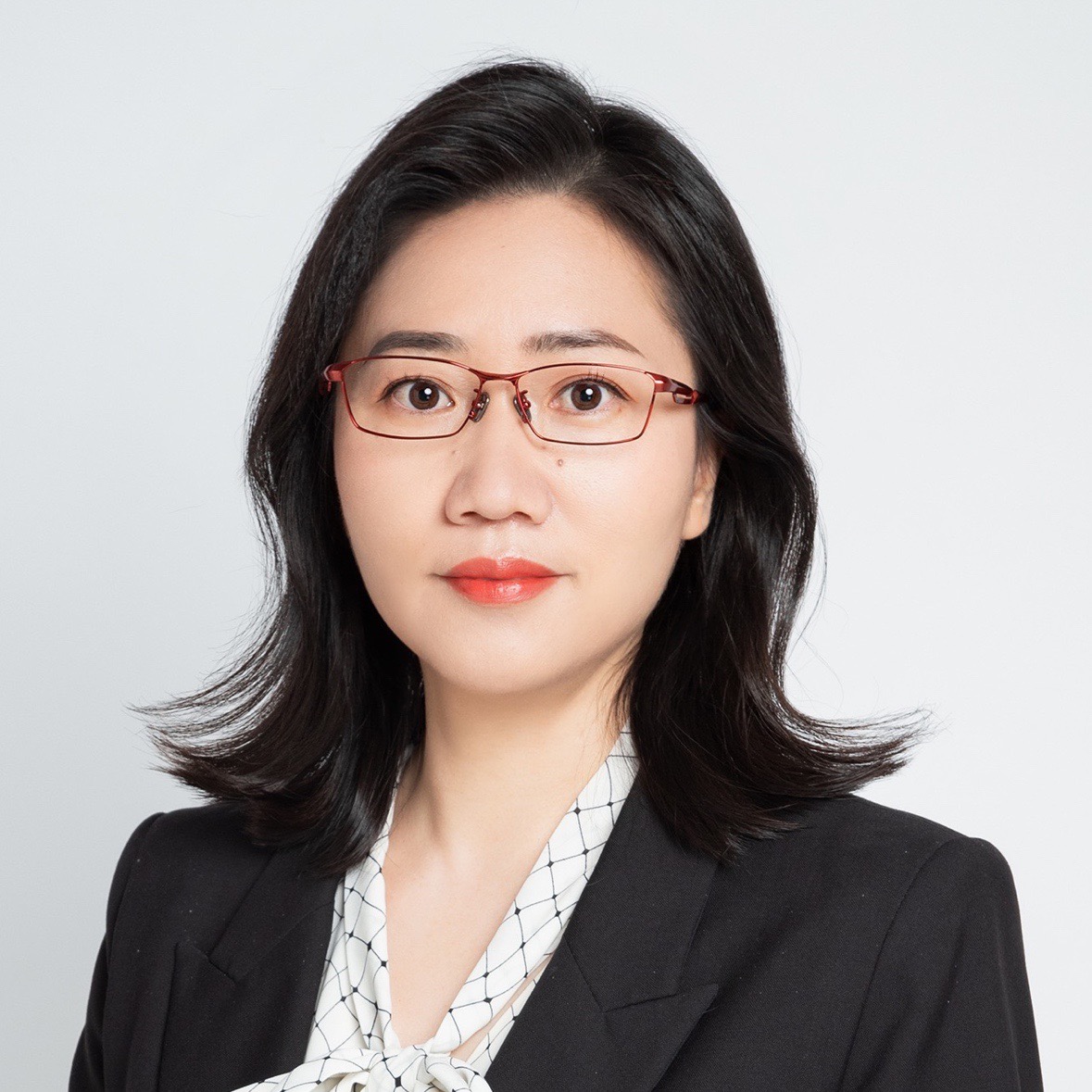 Zhiyuan Hu Zhiyuan Hu
Q2 Co-Rapporteur, ITU-T Study Group 17, Security | Director, Security Research, vivo Mobile Communication Co. Ltd
Ms. Zhiyuan Hu got her Ph.D. in computer science in 2002. She worked as a security researcher at Nokia Shanghai Bell Co. Ltd. from 2002 to 2021. Since July 2021, she has worked as Director of Security Research at vivo Mobile Communication Co. Ltd. Dr. Hu was nominated for Vice-Chair of WP2/SG17 (5G, IoT& ITS security) (2021-present), Co-Rapporteur of Q2/SG17 (Security architecture and network security) (2017-present) and Associate Rapporteur of Q2/SG17 (2015-2016). She acted as Chair of OMA (Open Mobile Alliance) security working group (2009-2014) and Vice-Chair of OMA security working group (2007-2008). She also acted as Vice-Chair of CCSA (China Communications Standards Association) TC5 WG5 (Wireless communication security) (2008-2021). She completed to publish more than 20 specifications. |
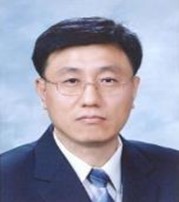 HoonJae LEE HoonJae LEE
Editor of ITU-T TR.DPAMA & ISO/IEC 27573, Co-editor of ISO/IEC 27575, Dongseo University
HoonJae Lee received the B.S., M.S., and Ph.D. degree in Electronics from Kyungpook National University in 1985, 1987 and 1998, respectively. He had been engaged in the research on cryptography and network security at ADD (Agency for Defense Development) from 1987 to 1998. Since 2002 he has been working for Department of Information Security at Dongseo University as professor. And also he is a chairperson in Dept. of Digital Forensic of Graduate school. His current research interests are in AI security, side-channel attack, USN & RFID security, security/privacy for Meta-verse. He is a member of the Korea institute of Information security and cryptology, IEEE Computer Society, IEEE Information Theory Society etc. |
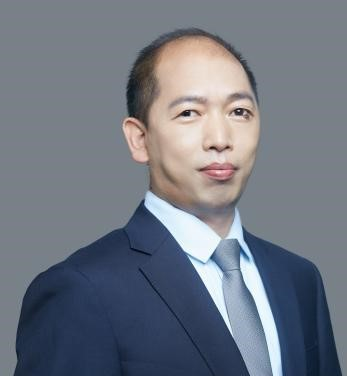 Xiongwei Jia Xiongwei JiaChief advisor, China Unicom
Mr. Xiongwei Jia has over 20 years of extensive expertise in driving innovative across various technologies and services. His expertise spans the Internet of Things (IoT), smart cities, artificial intelligence (AI), blockchain, the metaverse, and advancements in 5G/6G networks. He is currently a senior expert at the China Unicom Research Institute and serves on the technical committee of the China Unicom Group. In the realm of ICT standards, Mr. Xiongwei Jia is a well-established contributor, actively participating in ITU-T Study Groups such as SG13, SG17, SG20, and SG21. He serves in leadership roles, including Vice-chair of ITU-T WP3/20, Rapporteur of ITU-T Q6/20, and Convenor of ITU-T CG-AISEC/17. Mr. Xiongwei Jia has played a key role in developing over 60 specifications and ongoing studies, including ITU-T F.748.24, F.748.35, Y.4051, Y.4502, Y.4115, Y.4455, Y.4464, Y.4470, Y.4473, Y.4560, Y.4811, Y.4812, Y.4814, and many others.
|
 Yutaka Miyake Yutaka Miyake
Director, Information and Security Department, KDDI Research, Inc.
Dr. Yutaka Miyake has been engaged in the research on high-speed communication protocol and secure communication system at the KDD R&D Laboratories and KDDI Research, Inc. He is currently a director of Information System and Security Department in KDDI Research Inc. He began participating in ITU-T SG 17 in 2005 and has been actively contributing to its activities as information security expert. He is a vice chair of ITU-T SG17, and a chair of WP2/SG17.
|
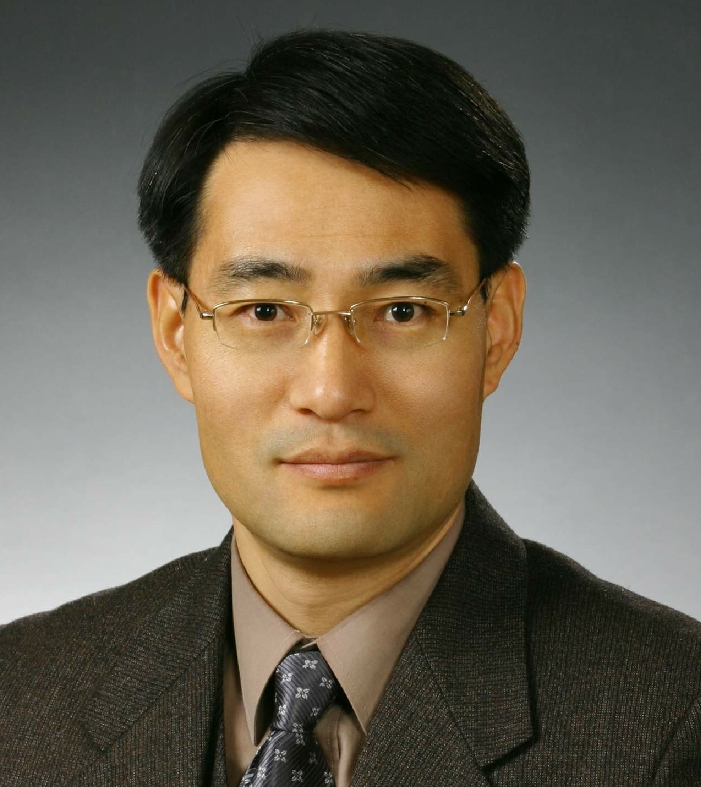 Jae Hoon Nah Jae Hoon Nah
ITU-T Study Group 17 WP4 Chair & Rapporteur | Special Fellow Researcher, Security Research Laboratory, ETRI
He began participating in ITU-T SG 17 in 2005. For the two Study Periods (2009 – 2012, 2013-2016), he served as a Rapporteur of Question 7/17 (Secure Application Services). He has been a Project Editor or Co-editor for 8 approved ITU-T Recommendations or agreed Supplements in the area of P2P (Peer-to-Peer) security, IPTV security, Web security, authentication protocol. From 1987, he has worked as a researcher for ETRI (Electronics and Telecommunication Research Institute), Republic of Korea. He is currently a special fellow researcher of Security Research Laboratory in ETRI. He had developed wired/mobile call processing software of a digital switching machine (TDX-10 ISDN, TDX-ATM) from 1987 to 2000. And He had developed security protocols and standards of secure P2P services, scalable code of IPTV security, Mashup Web security and enhanced attribute-aggregated authentication from 2001.
|
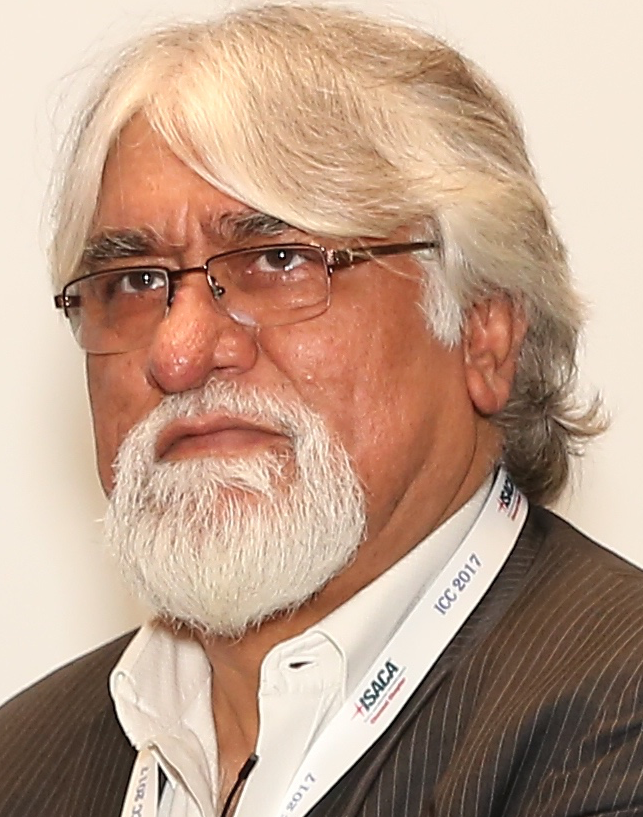 N. Kishor Narang, N. Kishor Narang,
Mentor, Principal Design Strategist & Architect Narnix Technolabs Pvt. Ltd
Kishor is Technology Advisor, Mentor, Design Strategist & Architect in Electrical, Electronics & ICT with over 47 years of professional experience in education, research, design and advisory running an Independent Design House – NARNIX since 1981. Over 37 years of hardcore Research and Design Development Experience in Solutions, Systems, Products, Hardware, Software & Firmware (Embedded Software) across diverse technology & application domains, and over 10 years of Strategic Advisory Experience to different segments of business & industry. He has over 500 Research & Design Mentees in the Electronics, ICT & STI (Science Technology & Innovation) Ecosystems. He is Member, Academic Council, IIIT, Surat and D Y Patil International University, Pune; Research Advisor, Institute of Informatics and Communication, University of Delhi & Indira Gandhi Delhi Technical University for Women, Delhi; & Member, Academic Committee, Electronics & ICT Academy at National Institute of Technology, Patna. Leading multiple National & Global Standardization Initiatives & Projects at BIS, TSDSI, IEEE, IEC, ISO, ITU and IETF… Recently appointed as a Member IEEE SA Standards Board, beyond leadership positions in other global SDOs. Mentoring many Deep Tech & Disruptive Tech Startups in the domains of e-mobility, drones, robotics, automotive like Electric Vehicles, Autonomous Vehicles, Drones, Robotics & AI; Strategic Electronics like Defense, Aerospace, AR/VR/XR etc…For the last 15 years, been deeply involved in standardization in the electrical, electronics, communications, information technology, digital infrastructure and cyber security domains with a focus on identifying gaps in standards to bring harmonization through system standards and standardized interfaces to ensure end-to-end Interoperability. Recent work includes advocacy and standardization in cross cutting societal Ethical imperatives – Sustainability (focus on Decarbonization in every domain), Safety of the Mankind and the Environment.
|
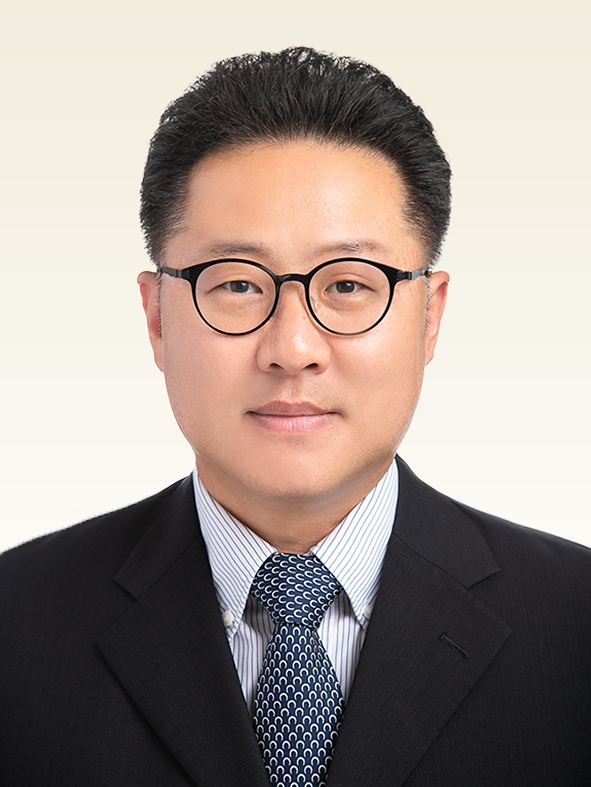 Heung Ryong Oh Heung Ryong Oh
ITU-T Study Group 17 Q2 Co-rapporteur | Chief Researcher, Standardization Division, TTA (Telecommunications Technology Association)
He is working as a researcher for the standardization division of the TTA, Korea from February 2004. He is responsible for domestic standards for information security in TTA. He began participating in ITU-T SG17 in 2004 and has served an associate rapporteur of Q2 from 2009 to 2016, a co-rapporteur of Q2 in ITU-T SG17 since 2017. He received a Bachelor degree in 2002 (Electronics Engineering), a Master degree in 2004, and a Ph.D. degree in 2018, all in Information security from Soonchunhyang University, South Korea.
|
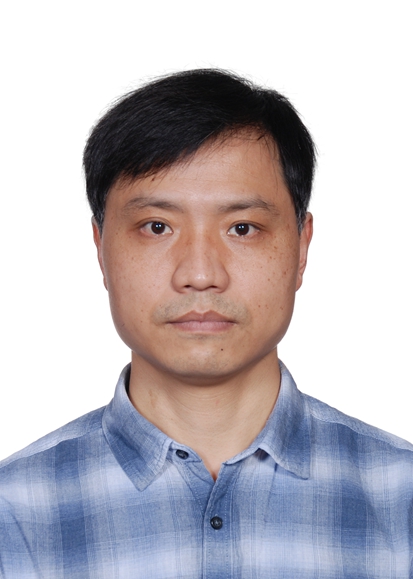 Junzhi Yan Junzhi YanCo-Rapporteur of Q6/17, Researcher, China Mobile Research Institute, China
Junzhi Yan received his Ph.D. Degree in Xidian University, China, 2010. He works as a researcher in China Mobile Research Institute since 2010. His research interests include mobile network security, IoT security, DLT security and services, etc. In 2019, he was nominated for Co-Rapporteur of Q6/SG17 (Security for telecommunication services, Internet of Things (IoT), digital twin, and metaverse). He also acted as Vice-Chair of CCSA (China Communications Standards Association) since 2017. He has been responsible for more than 20 work items and completed to publish more than 10 specifications.
|
 Xiaoya Yang Xiaoya Yang
ITU-T Study Group 17 Counselor
Xiaoya Yang serves as the Counselor of ITU-T Study Group 17 ‘security’ since 2017. With 20+ years of professional experience in telecommunication regulation, legislation and international standardization and coordination, she was the Head of the WTSA Programmes Division in the Telecommunication Standardization Bureau of the International Telecommunication Union (ITU-TSB) from 2010 to 2016, Co-counsellor of ITU-T Study Group 2 on 'Operational aspects of service provision and telecommunications management' and Study Group 3 on 'Tariff and accounting principles including related telecommunication economic and policy issues' from 2009 to 2010; Counselor of ITU-T Study Group 17 on 'Telecommunication security' from 2007 to 2008; and Workshop Project Coordinator from 2004 to 2006. Before joining ITU, she worked in the Ministry of Information Industry of China from 1998 to 2004. There she was the Division Director responsible for regulation of Internet and information security. From 1997 to 1998 she worked in China Telecom as a network engineer and service manager in their Internet service department. She has a M.S. in Computer Science from Tsinghua University, China and a MBA from Polytechnic University, Hong Kong.
|
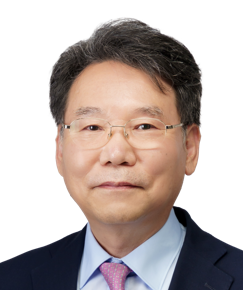
Heung Youl Youm Professor, Department of Information Security Engineering, Soonchunhyang University
Former Chair of ITU-T SG17 (Security). He is working as a professor for the Department of Information Security Engineering of the Soonchunhyang University, Korea from September 1990. He is currently the Director of SCH Cybersecurity Research Centre from Dec. 2013. He was a Commissioner for Personal Information Protection Commission from August 2020 to August 2023. He began participating in ITU-T SG 17 in 2003 and has actively contributed to the work of SG17 as a core member of security experts. He was an associate Rapporteur of SG 17 Question 10/17 from 2003 to 2004. For the Study Period (2005 – 2008), he served as a Rapporteur of Question 9/17. He was a Vice Chair of ITU-T Study Group 17 from 2009 to 2016. He was a Chair of Working Party 2 (Application Security) of SG17 for the Study Period (2009–2012) and was a Chair of Working Party 3 (Identity management and cloud computing security) of SG17 for the Study Period (2013–2016). He has been a Project Editor for many approved ITU-T Recommendations or agreed Supplements in DLT security, authentication/application protocols, de-identification techniques, USN/IoT security, 5G security, and cybersecurity. He is a Chair for the ISMS/PIMS certification committee in Korea since 2007, and a Board director for Korea Information/Security agency from May 2020. He was a member of advisory committee to the Korea national security office for the Office of the President, Republic of Korea from October 2018 to May 2022, a president of KIISC (Korea Institute on information security and cryptology) in 2011 and is an emeritus president of KIISC. He had worked for ETRI as a senior research engineer from 1982 to 1990. He had been involved in developing high speed transmission system. He had been involved in many (advisory or self-performance evaluation) committees for the Korea Communications Commission (KCC) from 2008 to 2016, the Ministry of Science, ICT and Future Planning (MSIP) from 2013 to 2017, the Ministry of Industry and Energy (MoTIE) from 2015 to 2017, Ministry of Science and ICT from 2017. He had been involved in self-performance evaluation) committees for the Ministry of Science and ICT since 2017 to 2019. He had been the chair for the committee on information security in the PyeongChang Organizing Committee for the 2018 Olympic & Paralympic Winter Games from January 2015 to May 2018. He received a bachelor’s degree in 1981, a Master degree in 1983, and a Ph.D. degree in 1990, all in Electronics Engineering from Hanyang University, Korea.
|
 Kai Rannenberg Kai Rannenberg
Chair of Mobile Business & Multilateral Security, Goethe University Frankfurt
Kai Rannenberg holds the Chair of Mobile Business & Multilateral Security at Goethe University Frankfurt since 2002 and a Visiting Professorship at the National Institute for Informatics (Tokyo, Japan) since 2012. Until 2002, he was working with the System Security Group at Microsoft Research Cambridge on „Personal Security Devices & Privacy Technologies“. 1993-1999 Kai coordinated the interdisciplinary “Kolleg Security in Communication Technology", sponsored by Gottlieb Daimler & Karl Benz Foundation researching Multilateral Security. In parallel he did his PhD at Freiburg University on IT Security Evaluation Criteria and the protection of users and subscribers. Before Kai had completed an Informatics-Diploma (Master) at TU Berlin with a focus on privacy, security, and distributed and real-time systems. Since 1991 Kai is active in ISO/IEC standardization in JTC 1/SC 27/WG 3 “Security evaluation criteria". 2007 he became Convenor of SC 27/WG 5 “Identity management and privacy technologies". 2015/16 Kai Rannenberg served as the Chair of the Strategic Advisory Group on Industry 4.0/Smart manufacturing of the ISO Technical Management Board. Since 2021 Kai is the IFIP Honorary Treasurer; before he was an IFIP Vice President since 2015 and an IFIP Councillor since 2009. Since 2014 he is Chair of the IFIP Publications Committee and Editor-in-chief of the IFIP Advances in Information and Communication Technology published with Springer. From 2007 till 2013 Kai chaired IFIP TC-11 “Security and Privacy Protection in Information Processing Systems", after having been its Vice-Chair since 2001. Kai is also active in the Council of European Professional Informatics Societies (CEPIS) serving in its Board of Directors since 2019 and as its Deputy President since 2023. Moreover he is chairing its Legal & Security Issues (LSI) Expert Group since 2003. 2004 till 2013 Kai served as the academic expert in the Management Board of the European Network and Information Security Agency and from 2013 till 2022 in ENISA's Advisory Group (till 2019 named Permanent Stakeholder Group). Kai has been coordinating several leading EU research projects, e.g. the Network of Excellence “Future of Identity in the Information Society" and the Integrated Project “Attribute based Credentials for Trust" (ABC4Trust). Kai has been coordinating several leading EU research projects, e.g. the Network of Excellence “Future of Identity in the Information Society", the Integrated Project “Attribute based Credentials for Trust" (ABC4Trust) and CyberSec4Europe, a pilot for the European Cybersecurity Competence Network the EU is aiming for. Currently he is coordinating CyberSecPro, a project to advance competencies and professionalism in EU cybersecurity. Kai's awards include the IFIP Silver Core, the Alcatel SEL Foundation Dissertation Award and the Friedrich-August-von-Hayek-Preis of Freiburg University and Deutsche Bank. His research interests include: mobile and embedded systems and Multilateral Security in e.g. M-Business, LBS, transport systems, and industrial applications; privacy and identity management, especially attribute based authorisation; communication infrastructures and devices, e.g. personal security assistants and services and; security and privacy standardisation, evaluation, and certification.
|